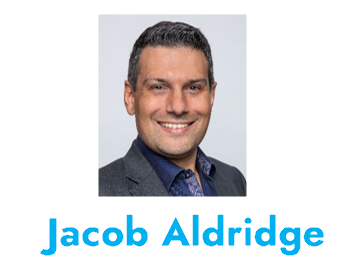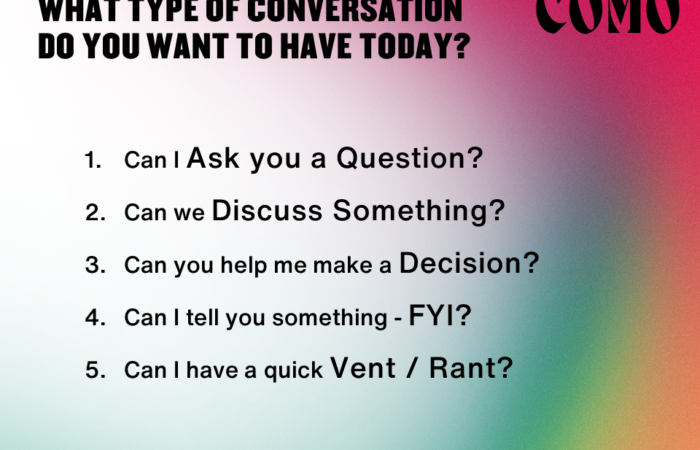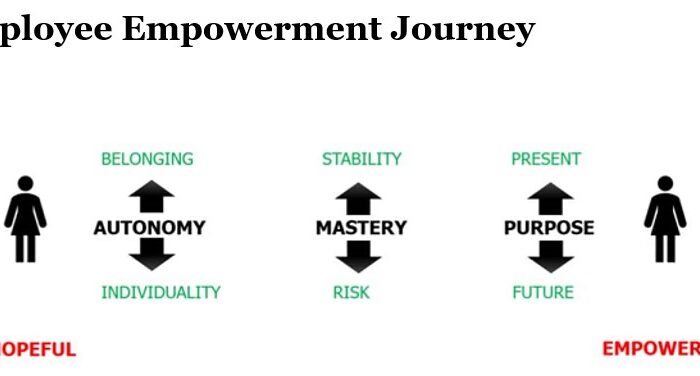It’s a common question: what is the difference between a business consultant and a business coach?
Pedants will observe that a pure consultant brings the solution and completes the work themselves – think IT or Legal, for example. A pure coach does nothing but ask questions, ‘coaching’ you because all the answers are inside you and you do not need external solutions.
Put another way: A consultant has all the answers, because you are an idiot. Coaching is the opposite – you have all the answers, and your coach is an idiot.

This is why I sometimes describe myself as “a business coach who doesn’t believe in business coaching“. Because both extremes are, well, extreme -it’s naive to believe a small business owner has all the answers inside them, and it’s cruel to compel an entrepreneur to pay you to deliver when every bone in their body wants to learn from you quickly to go and do it themselves. Small business owners need a hybrid solution that can bring consulting expertise (“you don’t know what you don’t know”) and a coaching methodology (to transfer skills and because no-one knows your business better than you).
What do consultants do?
I was reminded of this distinction recently while reading an article in Business Insider by Alison Griswold: Here’s What Consultants Actually Do All Day. It’s a “Day in the Life of” style article, focusing on third-year Deloitte consultant Tim Tierney.
Tim is almost certainly very good at what he does. It’s just that I am scared about what he does, and what that represents for Business Consultants in general. Scared for him personally – he works, on and off, for 18 hours a day; and in terms of delivering a return on investment for his clients.
Tim is on site for a client most of the day – of course, “he spends the first few hours on site making “multiple coffee runs,” sifting through weekend emails, and reviewing material before meeting the client” at 2pm. And what are some of the expertise his team deliver at their 4-figure day rates? “Tierney says, they’re busy preparing PowerPoint slides and fixing details like font size in existing presentations.”
Consultants have a reputation for borrowing your watch and selling you the time. For the actual consultants, there’s a high burn out rate – living in hotels and reviewing font sizes is hardly an energising career.
So what do coaches do differently?
As luck would have it, when I was a first year Shirlaws business coach, Brisbane’s Courier-Mail ran a similar feature on me – a Day on the Job as a business coach. When I read Alison’s consultant article, I felt compelled to compare Tim’s life (and his client’s experience) with my life at a similar career stage.

Don’t get me wrong – I make no claim to working as hard as Deloitte consultants seem to. In spite of all those coffee runs, Tim grabbed a half hour lunch and was still working at night in his hotel room – in my comparable day, I had an hour to enjoy lunch beside the Brisbane river, and knocked-off work at 4.30pm because my (now) beautiful wife had movie tickets.
And my day as a business coach was a lot more face-to-face, with clients and their teams, with minimal busywork. I actually even make the point that “it’s my responsibility to keep [the client] accountable, not do the work myself”. Comparing that to powerpoint slides is a two sentence distinction between consultant and coach.
I believe that for my 4-figure day rate (and, like Deloitte, I actually charge based on projects and outcomes, not time) my clients received a far greater return on investment, and that their return was ongoing. One of the clients I mentioned implemented our work all the way through the GFC, even while I was away coaching UK businesses through the recession – years after he invested in my team, his team was still reaping the benefits.
Which is right for your business: Consultant or Coach?
This depends on what your business needs – do you need answers immediately or empowerment for long term growth? Coaching is a terrible solution if you’re on the verge of insolvency; and Consulting is a terrible solution if you want your team to learn the strategic skills needed to run the business themselves.
In reality, I would suggest that your business needs both. More specifically, you need a hybrid consulting-coaching solution. Someone who can bring the answers you may need, and yet also has the strength to ask you if they feel right for your situation. That way you will receive the greatest ROI … as long as you don’t have questions about font sizes.
If you leave me, can I come too…? Click here to subscribe to my infrequent updates
If you’re Dustin Curtis, you should follow me on Twitter here.
And please tell your friends: Sharing is Caring





[…] You might also enjoy comparing these two articles: A day in the life of a business coach (yours truly) versus the life of a business consultant. […]